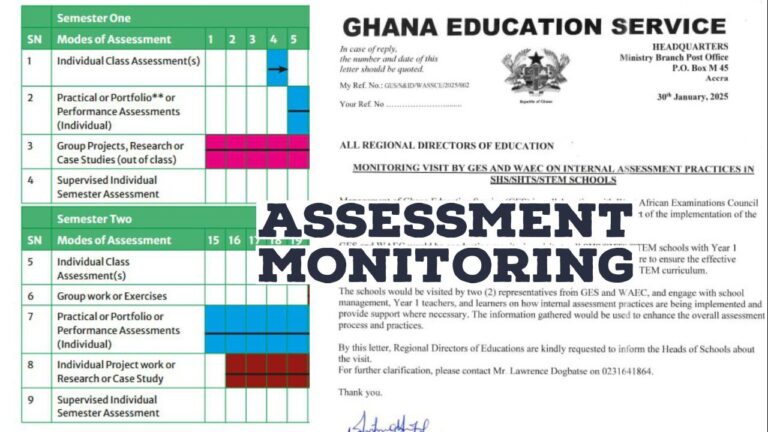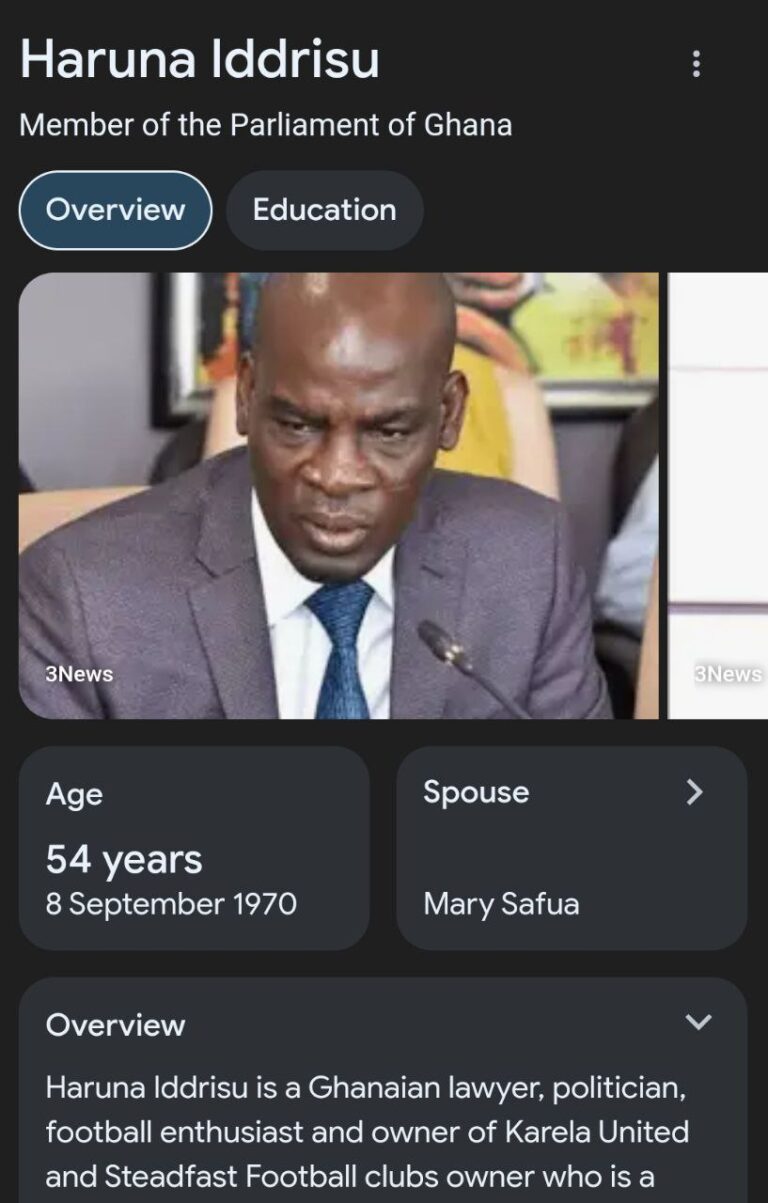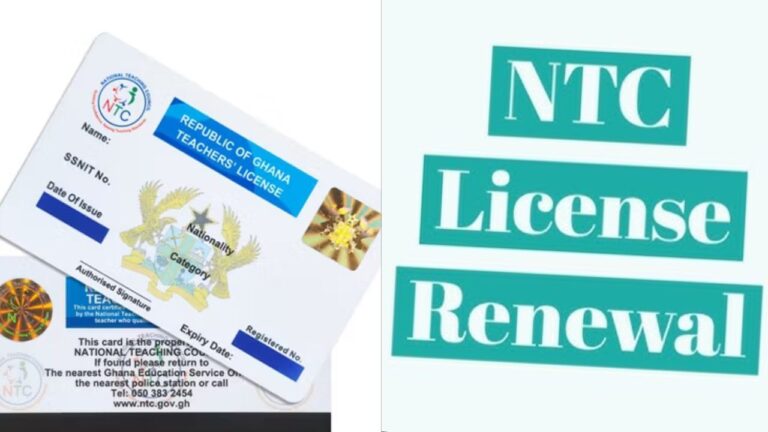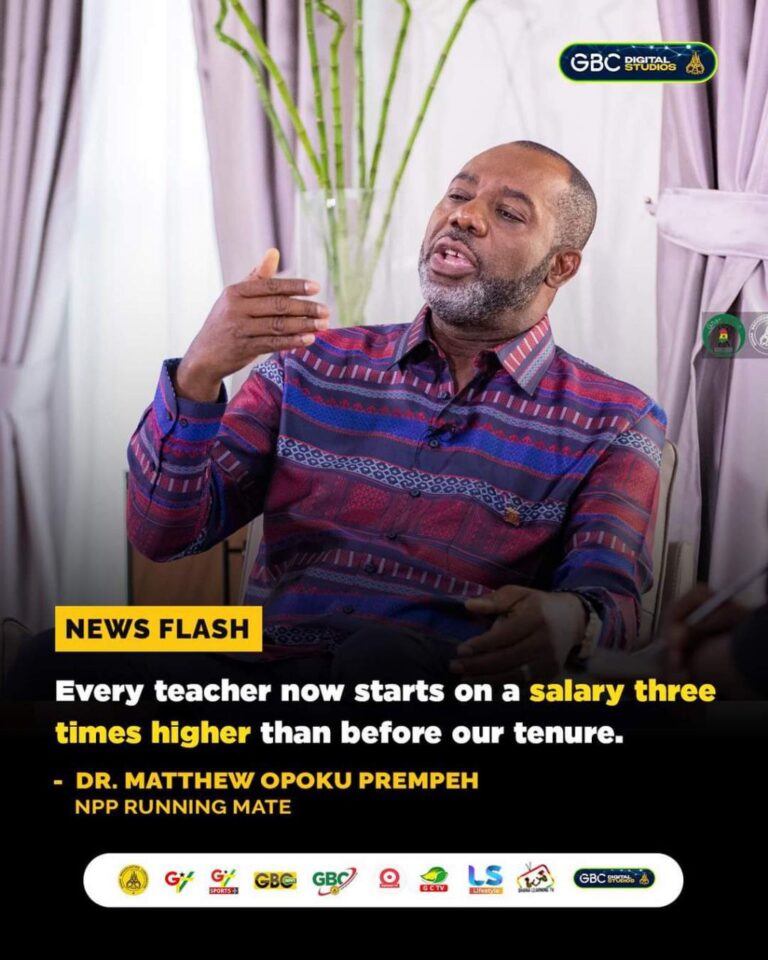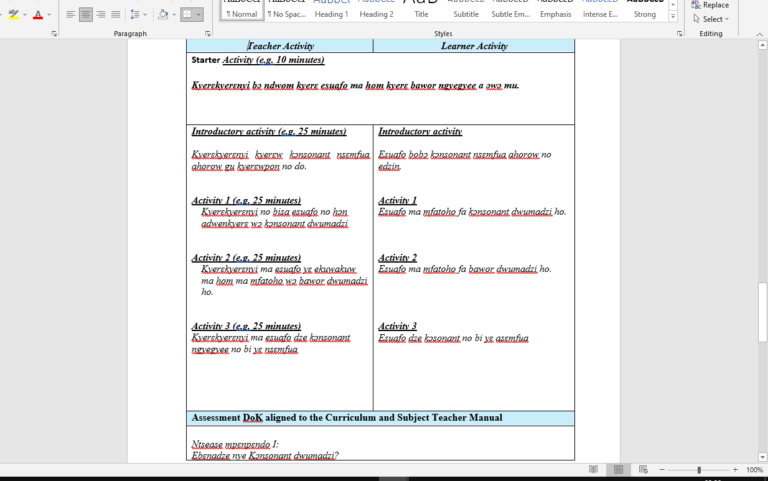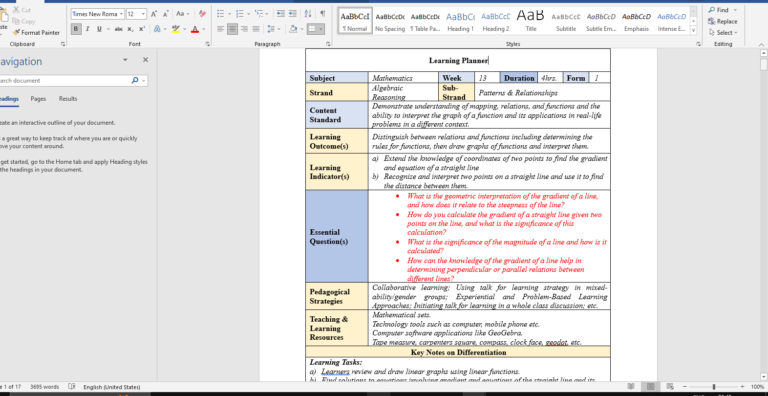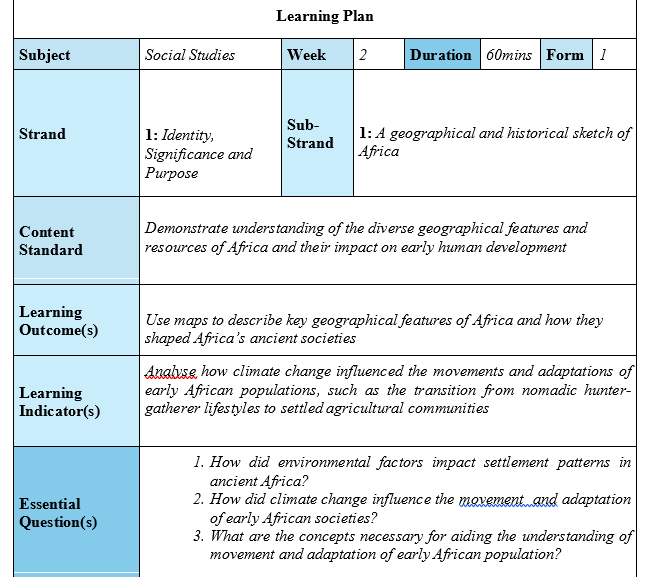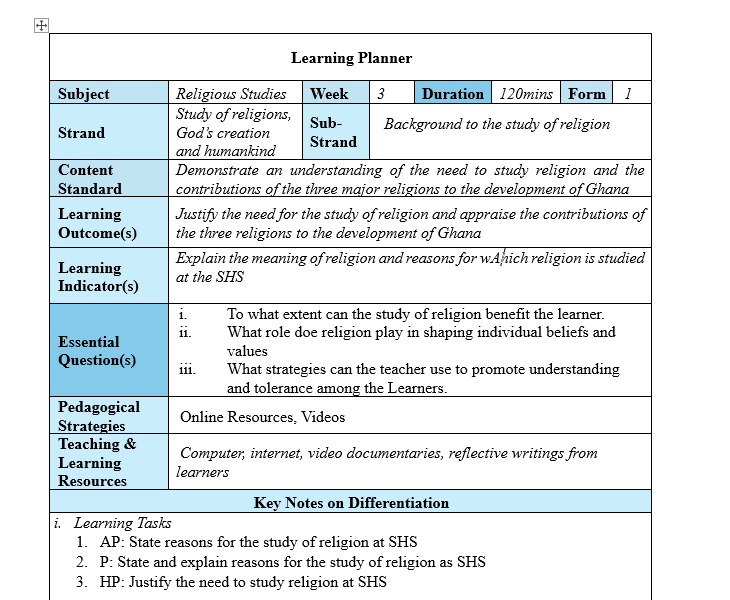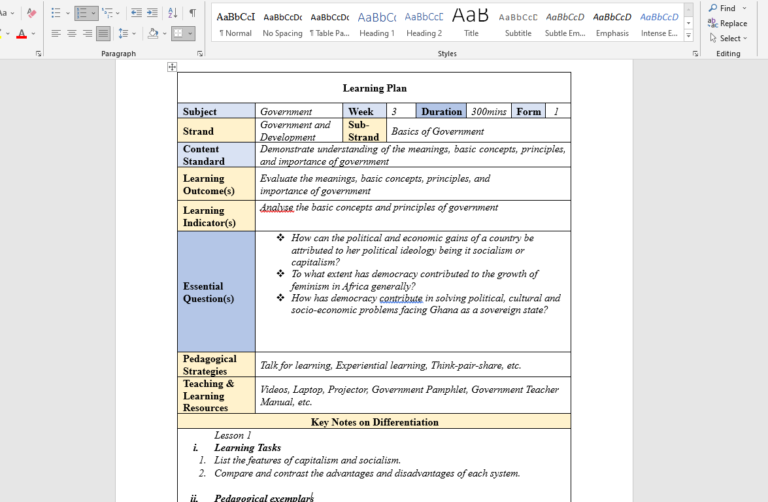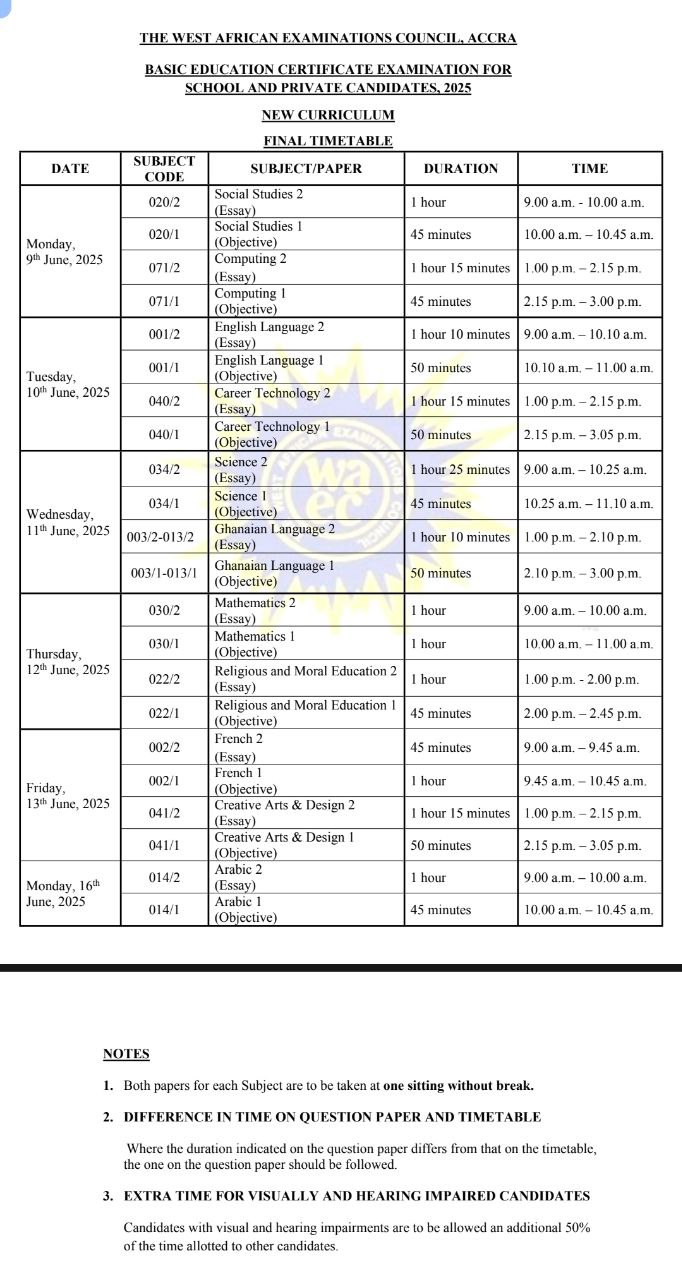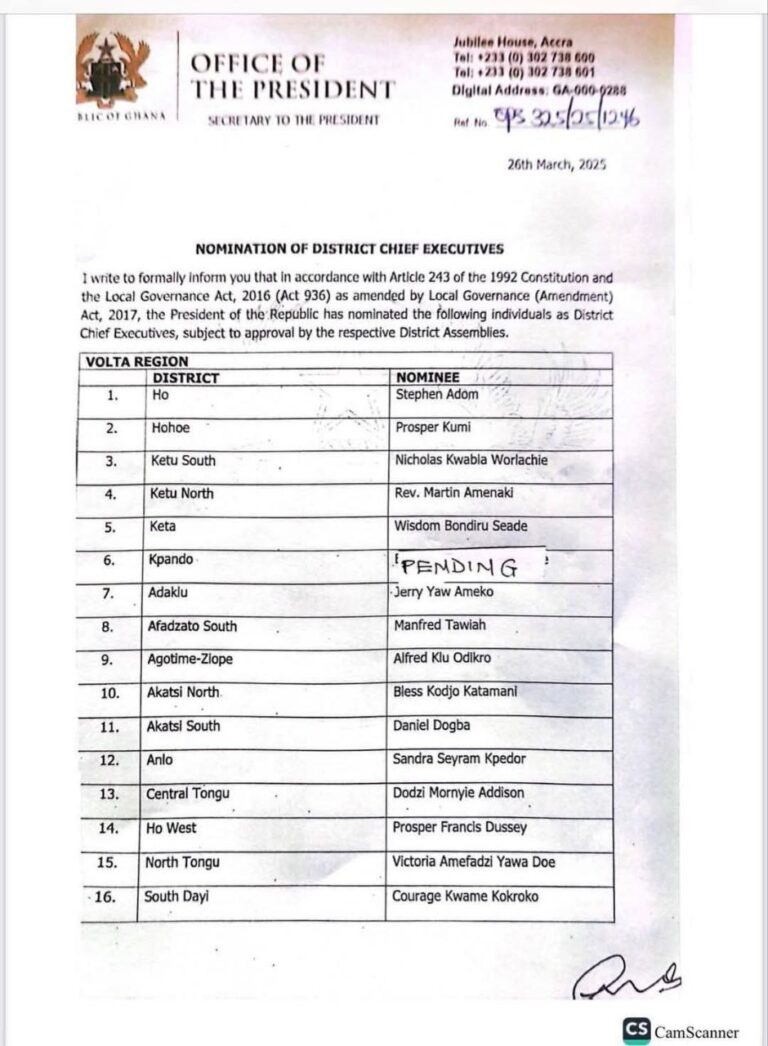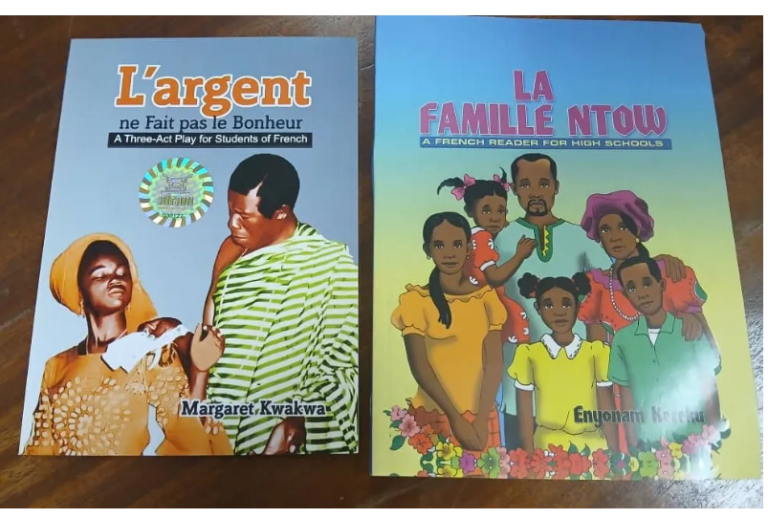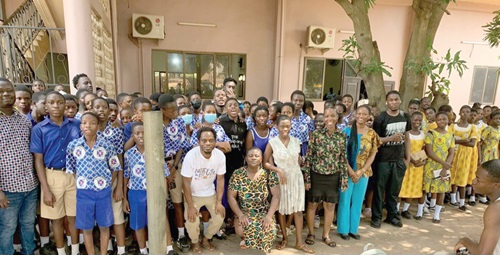New Curriculum Assessment Methods and Monitoring Visits by GES and WAEC The Ghana Education Service (GES) and...
Ghana Teaching Standards
Influence 20% public budget allocation to Education Ministry – Eduwatch to Haruna Iddrisu Kofi Asare, the Executive...
The Mortuaries and Funeral Facility Agency (MOFFA), the regulatory body for Ghana’s “death care industry,” is set...
New NTC License Card for Professional Teachers Registration Link ALL REGIONAL DIRECTORS RE: RENEWAL AND ISSUANCE OF...
Teacher’s Salary in 10 Countries “Welcome back to the channel! Today, we’re diving into how much teachers...
This is a sample of a Populated Learning Planner, you can use this to prepare yours Download...
This is a sample of a Populated Learning Planner, you can use this to prepare yours Download...
This is a sample of a Populated Learning Planner, you can use this to prepare yours Download...
This is a sample of a Populated Learning Planner, you can use this to prepare yours Download...
This is a sample of a Populated Learning Planner, you can use this to prepare yours Download...

